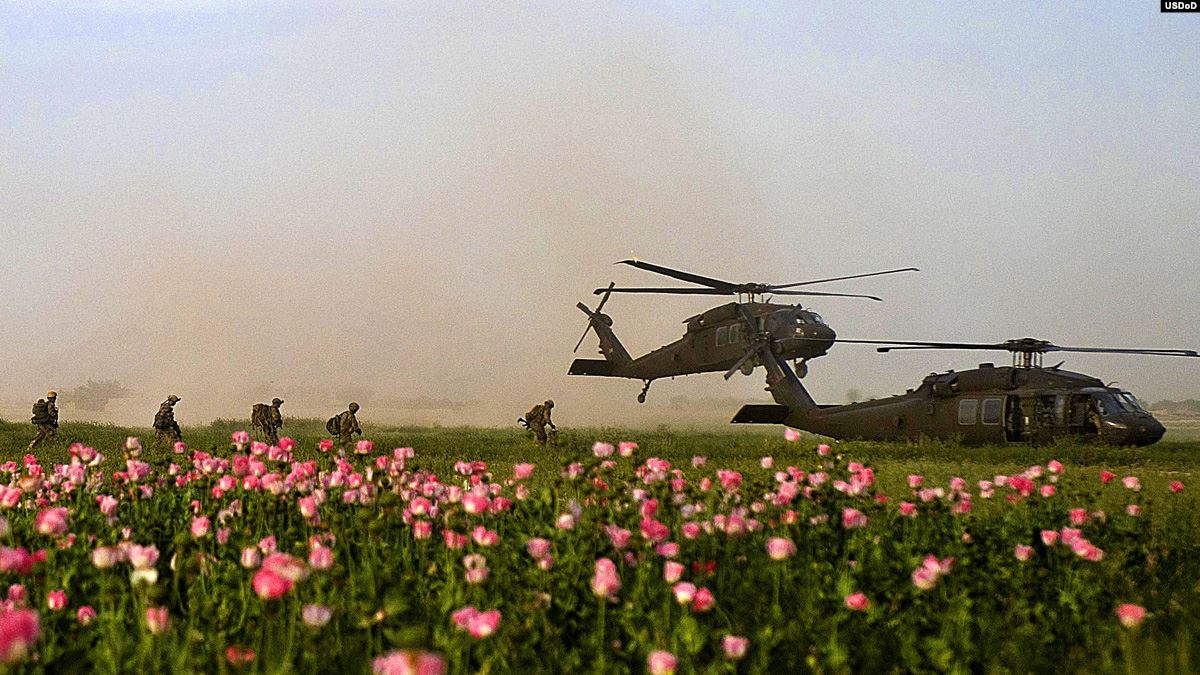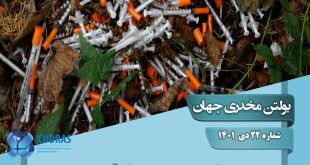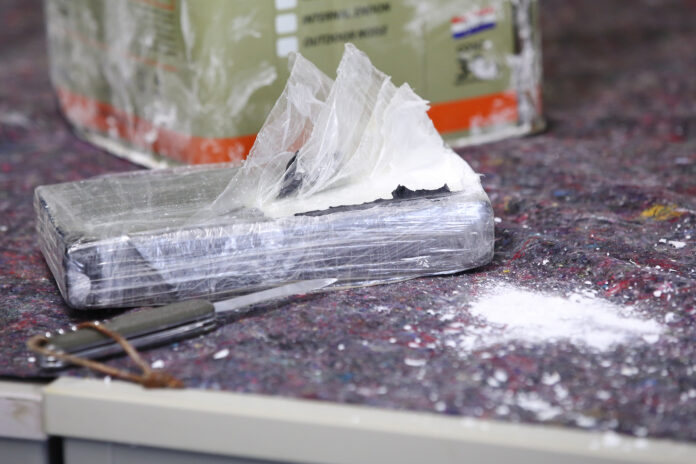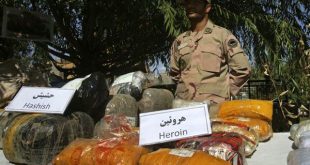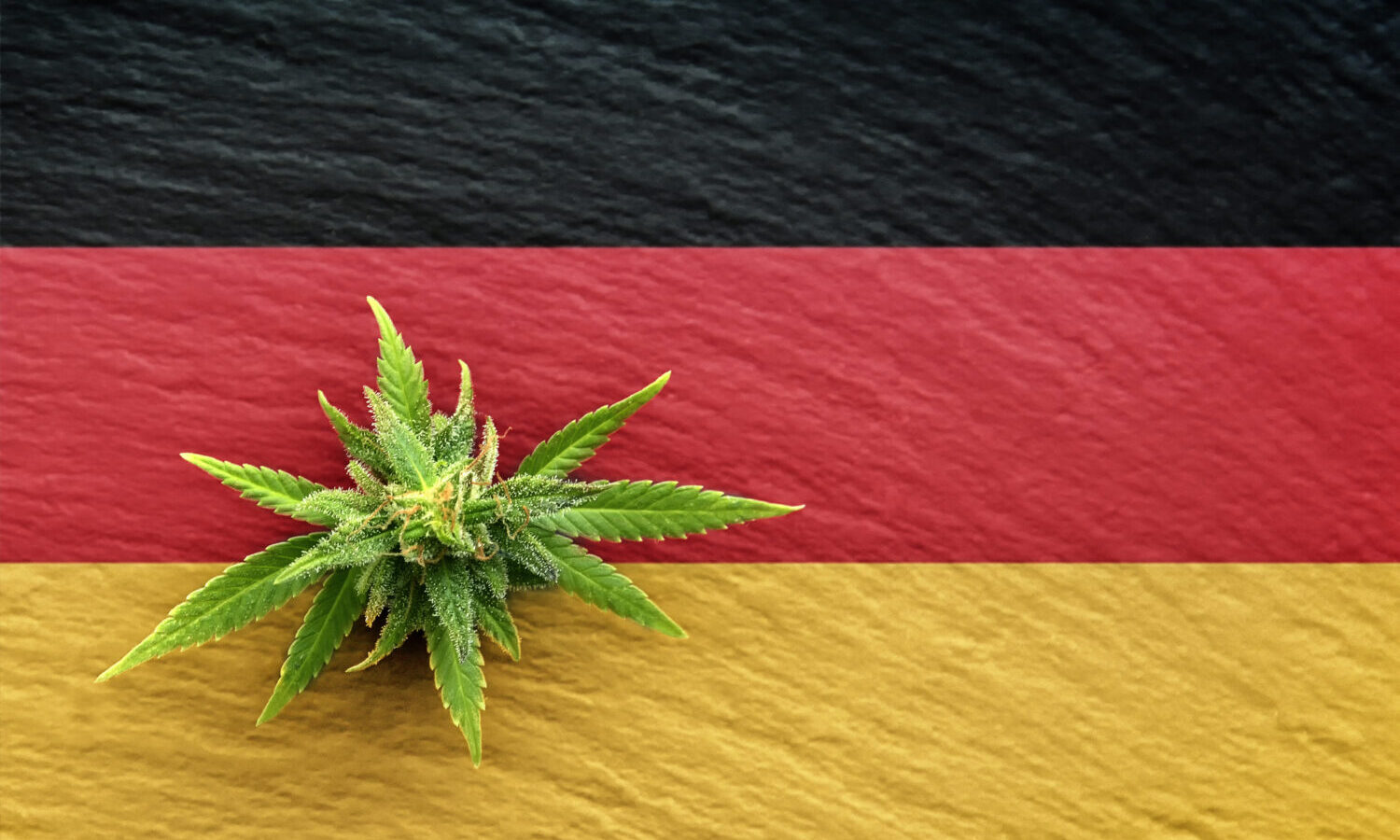
Billions of dollars have been spent on counter-narcotics so far; thousands of people lost their lives due to this fatal business. Even though the United Nations Office on Drugs and Crime reported on the rise of opium production in 2017, or some major drug cartels have been stopped and damaged; this lucrative business almost keeps on dramatic thrive.
The main question evolves despite a multitude of efforts, the industry is expansive. The answer is not so difficult “benefit”. The main vital factor influencing its expansion is a financial interest, gained by manufacturers, traders, dealers, and distributors. It blocks several efforts to be futile.
Becker firstly addressed it in an article, entitled “The Economics of Crime and Punishment: An Economic Approach” (1968), investigating the economy of the crime. In his view, if the opportunity an offender gains when he commits a crime through spending his/her time and money will be more valuable than his or her current one, so he will prefer to offend. In this way, the author introduces the financial influence of crime.
The Role of Illicit Drugs on Afghanistan’s Economy
The drug export interests would benefit the countries, subsequently, the employment of this business will be vital in-depth, and also ignoring this amount of interest will surely be difficult. To illustrate, a huge amount of Afghanistan’s income has been grown in this way, exporting more than 6 $ billion drugs that farmers, dealers, and traders have gained 20% of the interest. It comprises 30 or 35% of the country’s GDP, so taking measures against it will be more challenging than ever estimated for Afghanistan.
Drugs are part of the employment rate in Afghanistan, so one of the Parliament members announced that 500,000 people were employed by the business.
Opium production registered a rise by 18% to 32% in 2004, indicating that the Afghan economy is based upon poppy cultivation. Being in the vicinity of Iran and Pakistan’s borders, the provinces own 70% of poppy cultivation and earn money in this way, approximately 60% are morphine and heroin and other side activities such as transportation, and sales in Afghanistan domestic market. For every hectare of cultivation, four people will be engaged in the activities, so producing 4000 tons of opium in the land about 90,000 hectares, 700,000 people will be employed.
Drugs, the Income Source of Terrorists’ Groups
In meanwhile, groups and terrorists organizations are role takers in drug production and cultivation such as the Taliban, and recently ISIL involved in it. Annual reports from the UN Office on Drugs and Crime as well as the Ministry of Narcotics have repeatedly noted that drug trafficking has arises where the Taliban is controlling. In other words, the direct relationship between the Taliban and poppy cultivation is evident.
In the new report, drug cultivation was prevalent in places such as the South about 66% was stated. In the center of the country where the Taliban has no access to is about 2%.
Even though the fatwas were issued by Afghan Ulmas about banning the consumption and production of the drug, and considered punishment for it, drug production is on the rise since the Afghanistan war, today owns the highest level. The Taliban group has initiated its activities and officially announced that it will stop drug trafficking in 1994, but they soon realized the economic importance of drugs towards considering a tax on it. When they first conquered Kandahar, declared poppy cultivation and production are going to be stopped and banned, though they realized the necessity of it, so they stop the ban. They started collecting Islamic Zakat as tax from all traders and dealers. As every Muslim is responsible to pay 2.5% of his/her annual income, though the Taliban increased it to 20%.
Conclusion
Dealing with poor countries should be carefully planned, Afghanistan is the poorest country of Asia, struggling with issues such as income, employment, economic growth, so banning poppy cultivation will harm its economy. The decrease of 30% of the country’s income caused poverty, so corruption, major and petty crimes, more immigration to other countries for finding better jobs are going to be prevalent. To sum up, dealing with the country’s drug-related issues must be careful enough yet costly.
 Cudras
Cudras
